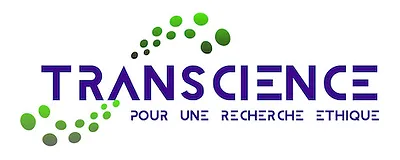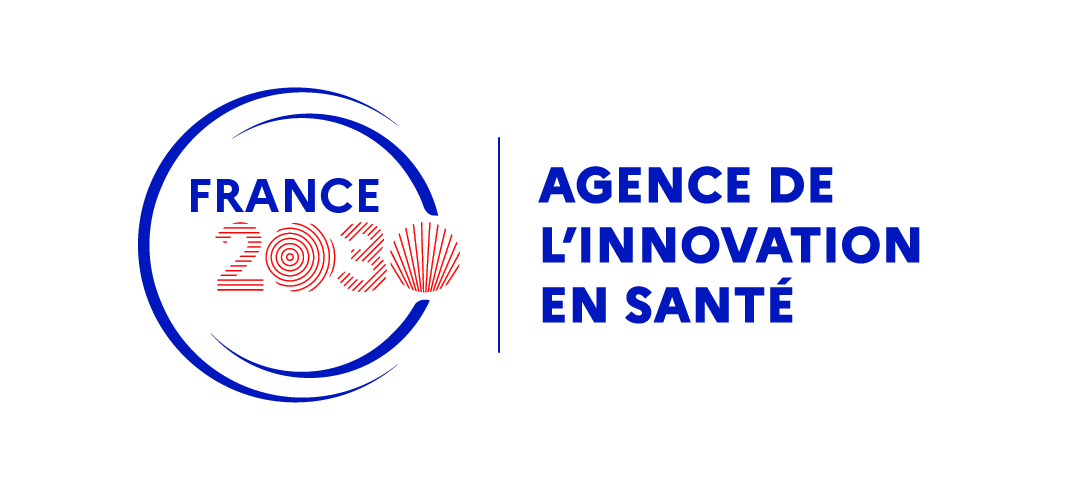As part of the France 2030 plan to promote innovative investment, an Health Innovation Agency was officially created on October 31, 2022, within the General Secretariat for Investment. This Agency is responsible for steering the Investissement Santé 2030 plan, coordinating work on healthcare foresight, with 4 strategic priorities:
- digital health,
- biotherapies and bioproduction of innovative therapies,
- emerging infectious diseases and NRBC risks (nuclear, radiological, biological, chemical),
- innovative medical devices.
Other fields are also supported, such as women’s and couples’ health, psychiatry, DNA data storage or derivatives…
Of the more than €7.5 billion earmarked for innovative healthcare projects, €1.7 billion is dedicated to biomedical research: €1 billion to strengthen our biomedical research capacity, in particular by supporting the creation of world-class centers of excellence and bioclusters (by 2023: creation of 12 new “Instituts hospitalo-universitaires” (IHU) and 4 new bioclusters), by supporting essential biology and healthcare infrastructures; €550m dedicated to research within the framework of the 4 strategic priorities; €110m dedicated to exploratory research programs.
Within this framework, priority research programs and equipment (PEPR) are supported, including the project MED-OOC, an exploratory research program co-directed by CEA, CNRS and Inserm, aimed at developing organs and organoids on a chip for personalized medicine, with a budget of 48.5 million euros over six years.
The 2023-2025 roadmap, published at the end of November 2023, includes the launch in 2024 of a prospective study on chip-based organs:
- ” At the crossroads of the fields of cell and tissue engineering and microfluidics, organ-on-chips are miniaturized devices integrating cells to reproduce the architectural, dynamic and functional characteristics of an organ, or even several interconnected organs. They are used to study organ development and function, as well as to test new drugs and treatments. They can be particularly useful in facilitating pre-clinical in vitro research and reducing the need for animal experimentation. In Europe, there is a growing number of academic and industrial initiatives in this field. France, in particular, boasts a cutting-edge biotechnology research ecosystem, as well as world-renowned expertise in microfluidics. Our aim is to assess the potential importance of this approach in the development of biomedicines, its acceptability by industrial players, and to anticipate regulatory issues in order to make proposals for the implementation of certification standards in particular.” The aim is to assess their impact in terms of cost, efficiency and speed.
Support for non-animal methods such as organ-on-a-chip and organoids is part of the “biotherapies and biomanufacturing of innovative therapies” strategic priority (a total of €800 million), with 4 strands: research, transfer-valorization, industrialization and training, in order to fully develop these channels to patients. The prospects (not immediate) are to use these technologies to develop the bioproduction of biomedicines (precision medicine), and in general to improve the efficiency of pre-clinical research and reduce the use of animals during this phase (which would already be possible by eliminating unhelpful experiments or poor models).
There have already been support initiatives, via calls for projects (operated by the “Agence Nationale de la Recherche” for the public sector, by the “Banque Publique d’Investissement” for the private sector, via subsidies or repayable advances), concerning both start-ups and major groups in industry.
Examples of calls for projects: innovations in biotherapy and bioproduction, new biotherapy development processes.
An RHU (hospital-university health research) has been supported at the Institut Gustave Roussy in Villejuif (manager: Fanny Jaulin) in 2021: ORGANOMIC (patient-derived organoids for personalized functional medicine), with funding of €9 million.
The contract of the Comité Stratégique de la Filière (CSF) healthcare industries and technologies 2023-2026 was signed on November 27, 2023, under the aegis of the Ministry of the Economy/National Council for Industry (the Chairwoman, Audrey Derveloy, is the President of Sanofi France), in association with the Ministry of Health and the Ministry of Research. It covers several areas, including :
- Axis B: Competitiveness, attractiveness and sovereignty: Project 6: Promoting the financing of start-ups in healthcare and bioproduction capacities
- Axis D: Creating a dynamic innovation system: Project 14: Boosting and structuring pre-clinical and clinical research players in France :
- Even today, a significant number of clinical trials fail (around 90%), even when preclinical studies have apparently demonstrated the efficacy and safety of a given substance. Complications and inefficiencies in preclinical studies can lead to costly delays; indeed, it is estimated that 75% of the cost of developing a new drug is due to these dropouts.
- Increasing the representativeness of preclinical research in relation to clinical reality appears to be a priority; for example, we can cite the improvement of models, the development of new preclinical technologies in terms of measuring efficacy or toxicity that is more predictive of effects in patients, etc.
- In these conditions, this stage of research is the focus of much thought, with the aim of optimizing efficiency and precision. Current thinking is expanding rapidly, with the aim of making preclinical trials more predictive, more fluid and, overall, more robust.
- At the same time, societal expectations and the tightening of European requirements on the use of animals for scientific purposes are accelerating the 3Rs approach (Replace, Reduce, Refine). From this perspective, the development of alternative methodologies and approaches aimed at reducing or even replacing the use of animal models offers numerous opportunities. In addition to addressing the ethical issues associated with animal use and welfare, these approaches are also helping to develop methodologies that are more representative of human biology. To achieve this, we need to accelerate and support the transition in terms of technology, regulations, validation and admissibility. In order to meet the challenges of process fluidity and the creation of a favorable environment for the development and hosting of new preclinical research projects, project of the Strategic Contract for the Healthcare Industries and Technologies Sector will focus its work on 3 themes:
- Biobanks
- New in vitro models (organoids, microphysiological systems, in silico models, organs-on-a-chip, uses of biopsies, in vitro stem cells, etc.)
- Import/export of samples of human origin
- Competition for control, access and dissemination of these technologies and organizations is fierce, and those countries that are able to lead the way by fostering the establishment of a dynamic community and a buoyant ecosystem will have a significant benefit impact on the competitiveness of a strategic sector. This will also enable these countries to secure their sovereignty, which will be absolutely essential in this sector by 2023.
- At project, we need to mobilize all French players, both private and academic, to become a leader in Europe by creating and structuring an industry, and to be proactive about changes in the regulatory environment in order to facilitate the use of these new tools to attract the interest of manufacturers and widen their distribution.
- It is important to rapidly structure the biobanking and organs-on-a-chip players, as France boasts a cutting-edge research ecosystem, with numerous internationally renowned laboratories and research centers. This would help to develop a booming industry, strengthen links between research and industry, coordinate research and development initiatives, boost the international visibility of French research and industry in this field, and above all reinforce our nation’s sovereignty in this key area.
This project is to undertake work on all three themes, and thus:
- produce recommendations on setting up national governance of biobanks, and propose regulatory changes to facilitate access to samples;
- structure the French organ-on-a-chip sector, complete the identification and mapping of players and areas of expertise and establish a communication network, draw up a roadmap of pilot projects, establish a framework contract with the ANSM and/or the EMA to encourage them to co-construct a regulatory submission process with the association (with the aim of enabling the submission of dossiers including non-animal tests), build training programs for students and researchers, etc. ;
- draw up recommendations on the organization and regulations governing the import/export of biological samples of human origin.




